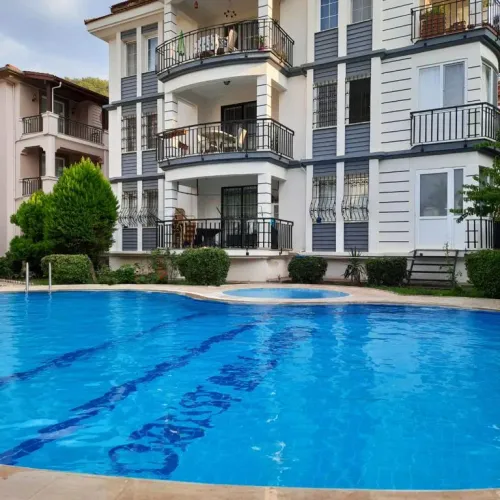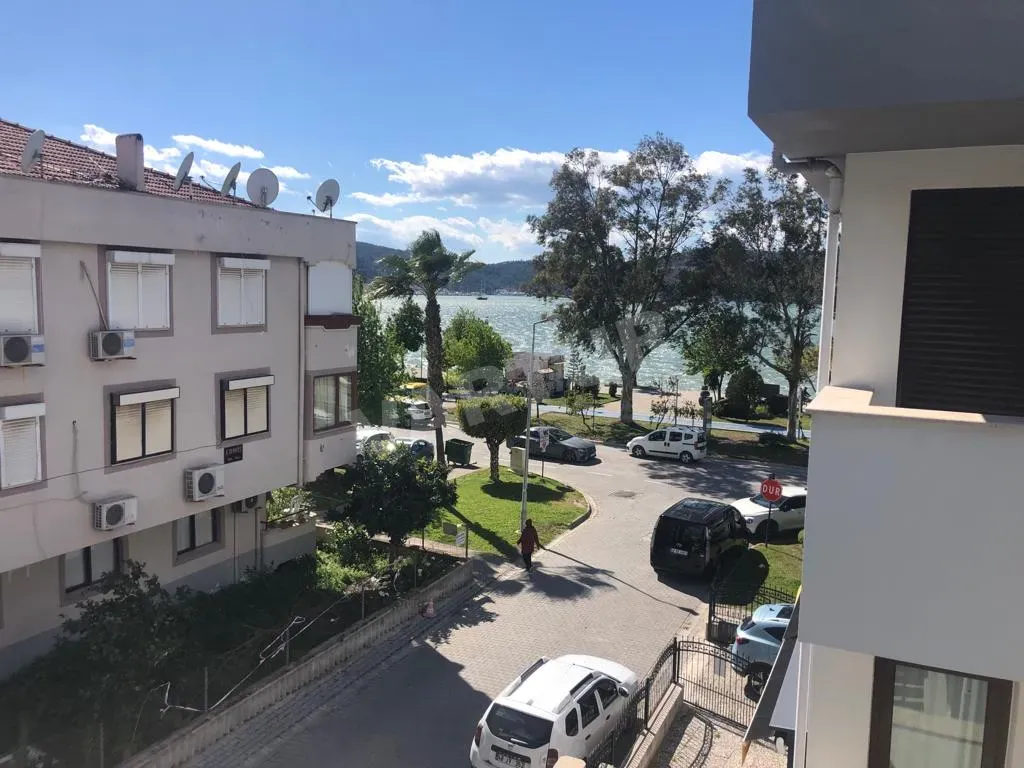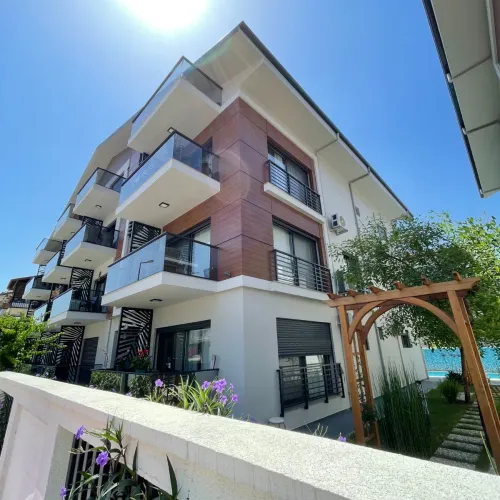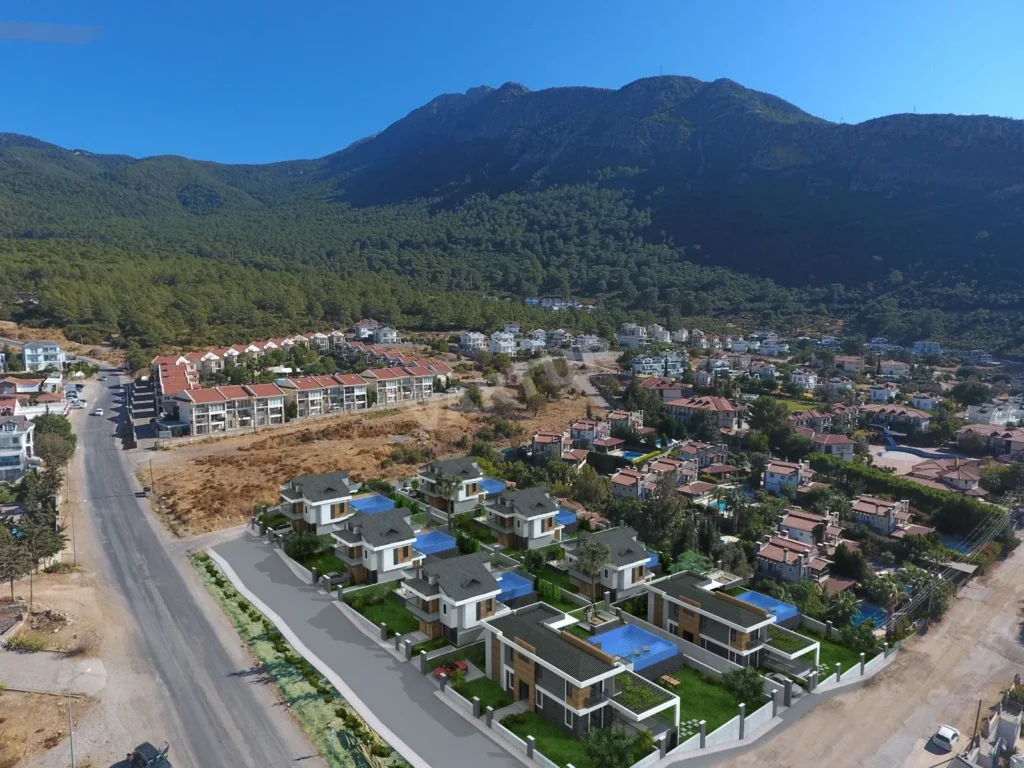Türkiye’s rental market has been booming in recent years as more and more individuals and families choose this housing option for its many advantages over buying. To maintain a fair and mutually beneficial rental relationship, tenants and landlords in Türkiye must know their legal protections and obligations under Turkish law.
So that readers can make informed decisions and safeguard their interests, this article provides an extensive overview of the rights of tenants and landlords in Türkiye, including legal requirements, limitations, and dispute resolution options. A respectful and legal rental relationship benefits everyone involved, including tenants and landlords.
Rights of tenants
In Türkiye, the law protects your rights as a tenant. Having a firm grasp of these rights will help you negotiate a fair rental agreement. Tenants in Türkiye enjoy many assurances, including those listed below.
- A written lease agreement outlining the terms and conditions of the rental is required in Türkiye. Both the landlord and the tenant must sign this agreement. Rent, payment terms, lease terms, and mutual obligations should all be spelled out in detail in the lease agreement. You should ensure that the lease agreement protects your rights as a tenant and is in accordance with Turkish law.
- Tenants in Türkiye may be asked to put down a refundable security deposit in case of damage to the property or nonpayment of rent. However, there are legal limits on how much of a deposit can be obtained, usually no more than three months’ worth of rent. Within ten days of the lease’s expiration, the tenant is entitled to receive the security deposit (less any applicable deductions for damages or unpaid rent) in cash.
- Tenants in Türkiye have the legal right to require their landlords to provide them with a written lease agreement. The rent amount, payment schedule, lease duration, and respective responsibilities should all be spelled out in detail in this written agreement. Protect your interests and help avoid conflicts with a written lease agreement.
- Rent increases during the lease term are restricted in accordance with Turkish law. Tenants should know these restrictions and check that any proposed rent increases are legal.
- Landlords in Türkiye are liable for making necessary repairs and ensuring that their rental property complies with all applicable health and safety regulations. Tenants have the right to give written notice to their landlord and request prompt repairs for any necessary maintenance issues. Tenants may be able to terminate the lease or ask for a partial refund if the landlord does not fix the problems.
- Tenants in Türkiye enjoy constitutional protections for their right to privacy and safety from evictions that are not warranted. Except in emergencies, tenants have the right to advance notice before their landlord enters their rental property for inspections or repairs. Landlords also cannot evict tenants for no good reason, such as failing to pay rent or violating the lease terms. Tenants who feel their eviction was unjustified have the right to file a legal challenge to the eviction process under the law.
- In Türkiye, tenants have the legal right to terminate a lease before its expiration for reasons including major health and safety violations, the landlord’s refusal to make required repairs, or the landlord’s violation of the lease’s terms. Tenants must usually notify landlords and follow the proper legal procedures when terminating a lease.
- Tenants in Türkiye can better protect their rights and interests by learning about and using these legal protections. Tenants should be aware of their rights and obligations under Turkish law and, if necessary, seek legal counsel to help them resolve any disputes or issues that may arise during the course of the lease.
Rights of landlords
There are also legal protections granted to you as a landlord in Türkiye. To ensure a peaceful and lawful rental relationship, each party should know their rights and responsibilities under the law. Some of the most important rights granted to landlords in Türkiye are as follows:
- Landlords in Türkiye have the legal right to ask their tenants for a security deposit to cover any potential damages or unpaid rent. However, there are legal limits on how much of a deposit can be collected, usually no more than three months’ worth of rent. Within ten days of the lease’s expiration, the landlord must return the security deposit to the tenant, less any applicable deductions for damages or unpaid rent.
- Tenants have the right to a written lease outlining all the essential terms and conditions of the rental from the outset of the tenancy. Rent, payment terms, lease terms, and mutual obligations should all be spelled out in detail in the lease agreement. If you’re a landlord in Türkiye, you need to make sure your lease agreement follows the law and has all the specifics you need to protect your interests.
- The landlord shall have the right to receive timely payments of rent from the tenant in accordance with the terms of the contract. Landlords have the legal right to terminate a lease or collect past-due rent from a tenant who has failed to pay on time.
- Landlords in Türkiye have the right to ask for a rent increase, provided that they do so in accordance with the law. The lease must be updated to reflect the new rent amount, and the landlord must give the tenant written notice of the increase. Landlords in Türkiye are limited to one annual rent increase, and even that increase must fall within a predetermined percentage cap set by the government each year.
- Tenants have the right to request repairs and maintenance from their landlords, and they should do so as soon as they become aware of a problem. Landlords should take reasonable steps to ensure that their rental property is kept in a safe and livable condition at all times, including the right to request timely repairs and maintenance from tenants.
- Landlords have the legal right to take reasonable precautions to prevent tenant abuse of the rental property. Landlords have the right to seek compensation from tenants for damages above and beyond normal wear and tear or to deduct the cost of repairs from the security deposit in accordance with applicable laws.
- When a tenant in Türkiye fails to pay rent, violates the lease terms, or the lease expires, the landlord has the legal right to terminate the lease. Landlords may terminate a lease agreement in accordance with applicable law, but only after providing the tenant with written notice and, if necessary, obtaining a court order.
- Landlords can better protect their interests and comply with Turkish law by becoming familiar with and asserting these rights. Landlords should be aware of their rights and obligations under Turkish law and, if necessary, seek legal counsel to resolve any disputes or issues that may arise during the tenancy.
Dispute Resolution
As a means of resolving disagreements that may arise between tenants and landlords, dispute resolution is an integral part of the tenancy relationship in Türkiye. In Türkiye, disputants can pursue a variety of legal remedies and judicial processes, including mediation and arbitration as alternative methods. Tenants and landlords need to know the law and where to find it if they want to protect their rights and interests.
Tenant-landlord disputes are often settled in Türkiye through mediation or arbitration, two forms of alternative dispute resolution. A mediator acts as a neutral third party to facilitate discussion and negotiation between disputing parties to reach an acceptable agreement. Since participation in mediation is entirely voluntary, the mediator cannot force either party to accept the outcome of the mediation. In contrast, in arbitration, a neutral third party (the arbitrator) hears both sides’ arguments and evidence and then issues a legally binding decision.
Dispute resolution through mediation or arbitration can be helpful, as it is a faster and less formal process than going to court. They give the parties more say in the dispute’s resolution and often lead to an amicable settlement without needing court intervention. Repairs, maintenance, deposit disputes, and lease termination are some potential areas where mediation or arbitration could prove helpful.
Tenant-landlord disputes in Türkiye can be resolved through a number of different channels, including mediation, arbitration, and the traditional court system. Although going to court can be more formal and time-consuming than other conflict resolution methods, it provides a legally binding forum in which to do so. If a tenant or landlord in Türkiye cannot resolve a dispute through mediation or arbitration, they may pursue legal action in a Turkish court.
Landlords and tenants in Türkiye would do well to familiarize themselves with the local legal system and consult attorneys when a dispute arises. Tenant-landlord law in Türkiye can be intricate, making it challenging to navigate the justice system without the correct information or assistance. To better understand their rights and obligations, weigh their options, and make educated decisions, tenants and landlords should consult with qualified legal professionals, such as lawyers or legal advisors.
Tenant-landlord conflict resolution is thus an essential part of the Turkish rental market. Disputes can be settled quickly and effectively through mediation or arbitration, two forms of alternative dispute resolution. Legal and potentially time-consuming legal remedies and court procedures are also available for resolving disputes. Tenants and landlords alike would do well to familiarize themselves with the legal system and the resources available to them in the event of a dispute.
In conclusion, a fair and peaceful landlord-tenant relationship depends on each party’s knowledge of and adherence to their respective legal rights. Conflicts can be avoided, and issues can be resolved more quickly and efficiently if people are well-informed about their rights and responsibilities and the available dispute-resolution options.
Tenants and landlords should research and consult legal counsel about the laws and regulations affecting their rental agreements. Rental agreements, disputes, and applicable laws are all areas where qualified legal professionals, like lawyers or legal advisors, can be beneficial. They can assist tenants and landlords in understanding the law, enforcing their rights, and looking out for their best interests.
Due to the high stakes involved, seeking professional help to ensure a fair resolution in a rental dispute is often a wise move. Being aware of and standing up for one’s rights is always preferable to dealing with the fallout of being uninformed.
Tenants and landlords alike, in conclusion, would be wise to familiarize themselves with and take steps to safeguard their legal rights. A positive rental experience can be ensured, and disputes can be resolved fairly and equitably if both parties are well-informed, take the initiative, and consult with experts.
Vartur Real Estate: properties for sale
If you are currently renting and are interested in buying a property in Türkiye, click on the links below to see details of the properties Vartur Real Estate have for sale in Fethiye and beyond.
Apartments for sale in Fethiye
https://www.vartur.com/apartment/for-sale/fethiye/



Villas for sale in Fethiye
https://www.vartur.com/villa/for-sale/fethiye/



You can find out more about Vartur Real Estate and Investment here:
This is a sponsored advertorial in association with Vartur Real Estate








